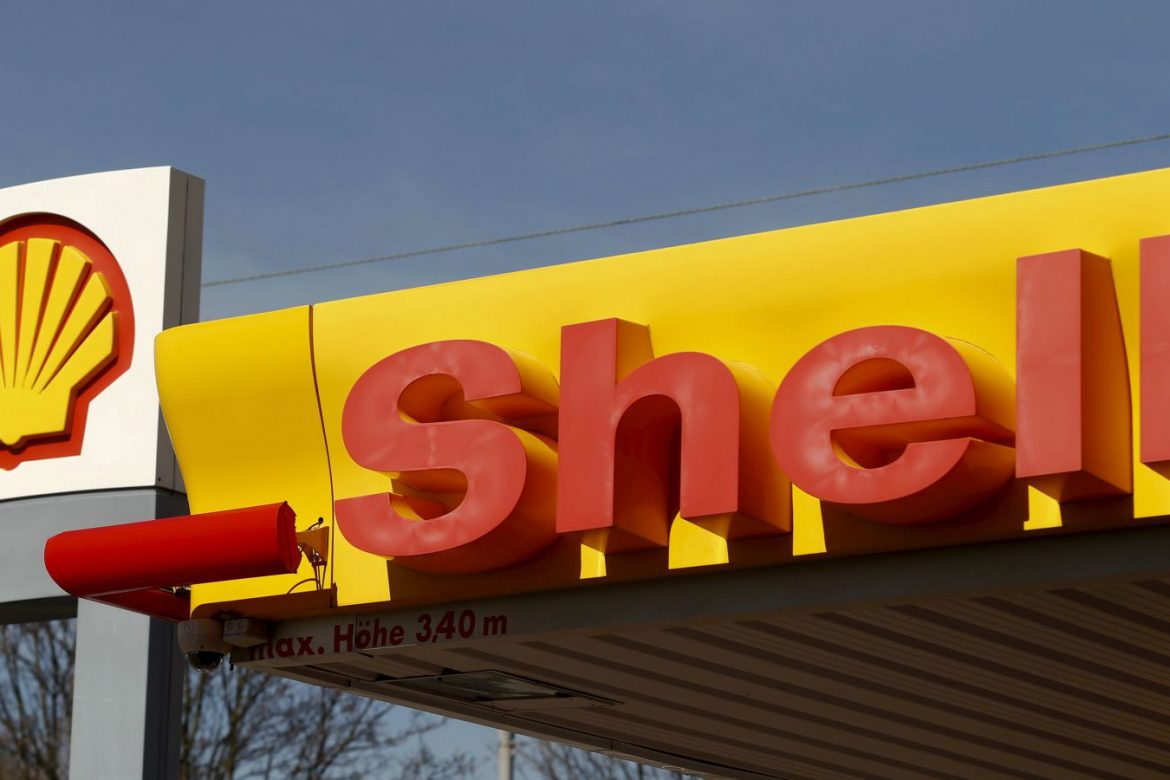This material belongs to: Quartz.
A five-year old complaint filed by an anti-corruption coalition over a billion-dollar oil deal in Nigeria has resulted in the “biggest corporate bribery trial” of all time.
Yesterday (Dec. 20), an Italian judge ordered oil giants Royal Dutch Shell and Eni, and some current and former employees, to stand trial on charges of “aggravated international corruption” over their role in the $1.1 billion purchase of OPL 245, a lucrative Nigerian oilfield with an estimated nine billion barrels of probable reserves. The trial will start in Milan on March 5 2018.
The coalition was made up of anti-corruption groups, Global Witness, The Corner House, Re:Common as well as Dotun Oloko, a Nigerian anti-corruption campaigner. “No company as large as Royal Dutch Shell or such senior executives of a major oil company have ever stood trial for bribery offences,” Global Witness said in a statement.
The purchase of OPL 245, a collaboration between Shell and Eni, the Italian oil company, was conducted in 2011 to conclude years of legal tussle over ownership of the oilfield. Shell’s first involvement in the oilfield was in 2001 when it acquired a stake alongside a company believed to be under the control of Dan Etete, Nigeria’s oil minister between 1995 and 1998 (Etete is said to have secured rights to OPL 245 during his tenure, according to Global Witness). Etete later contested the ownership of the oilfield and, in 2011, Shell and Eni paid $1.1 billion (excluding a $210 million bonus) for OPL 245 but, crucially, much of that money is claimed to have been divvied up between Nigerian government officials in a high-powered kickback and bribery scheme.
The most incriminating claim, following an investigation by anti-corruption charities, is that despite the company’s earlier denials, Shell’s senior employees knowingly participated in a vast bribery scheme.
Shell says it is “disappointed” by the decision to indict the company and some of its former employees while Eni insists it was “not involved in alleged corrupt activities in relation to the transaction.”
 info@anticorr.media
info@anticorr.media

